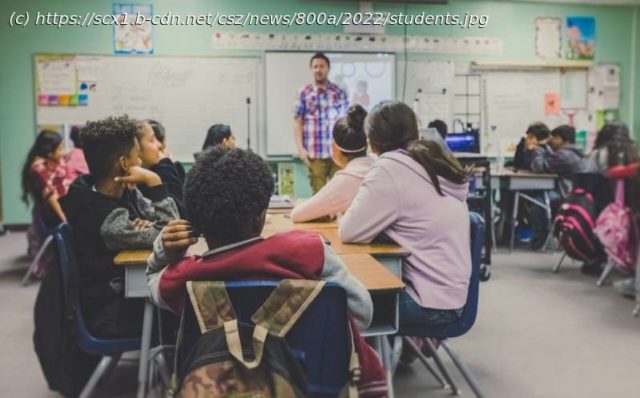It’s almost two years since ChatGPT burst onto the scene in late 2022. Since then, educators worldwide have been grappling with what generative artificial intelligence might mean for classrooms and learning.
It’s almost two years since ChatGPT burst onto the scene in late 2022. Since then, educators worldwide have been grappling with what generative artificial intelligence might mean for classrooms and learning.
ChatGPT has been met with both anxiety and a sense of optimism. While there has been a lot of discussion about what is happening in universities, there has been less attention given to schools.
We have been looking at trials of AI in schools in South Australia. Here’s what we found.
Most Australian states initially banned ChatGPT and other generative AI tools in government schools (many private schools have been using the technology).
In a different approach, the SA government began a trial of AI in schools in 2023 with its own tool, EdChat.
Other jurisdictions have since reconsidered their stance. For example, at the start of 2024, New South Wales began trialing its own AI tool.
In November 2023, the federal government also published a framework for generative AI in schools, which said AI has «great potential» to help teachers and students, and to reduce administrative workloads.
Last month, a federal parliamentary inquiry recommended generative AI in schools should be a «national priority», finding the benefits of AI outweigh its significant risks and challenges.
EdChat is a generative AI tool owned by the SA Department for Education, which was designed with Microsoft. It can be used in classrooms and at home. According to the department, it has «extra safety features» to protect students’ privacy and stop them accessing inappropriate content.






